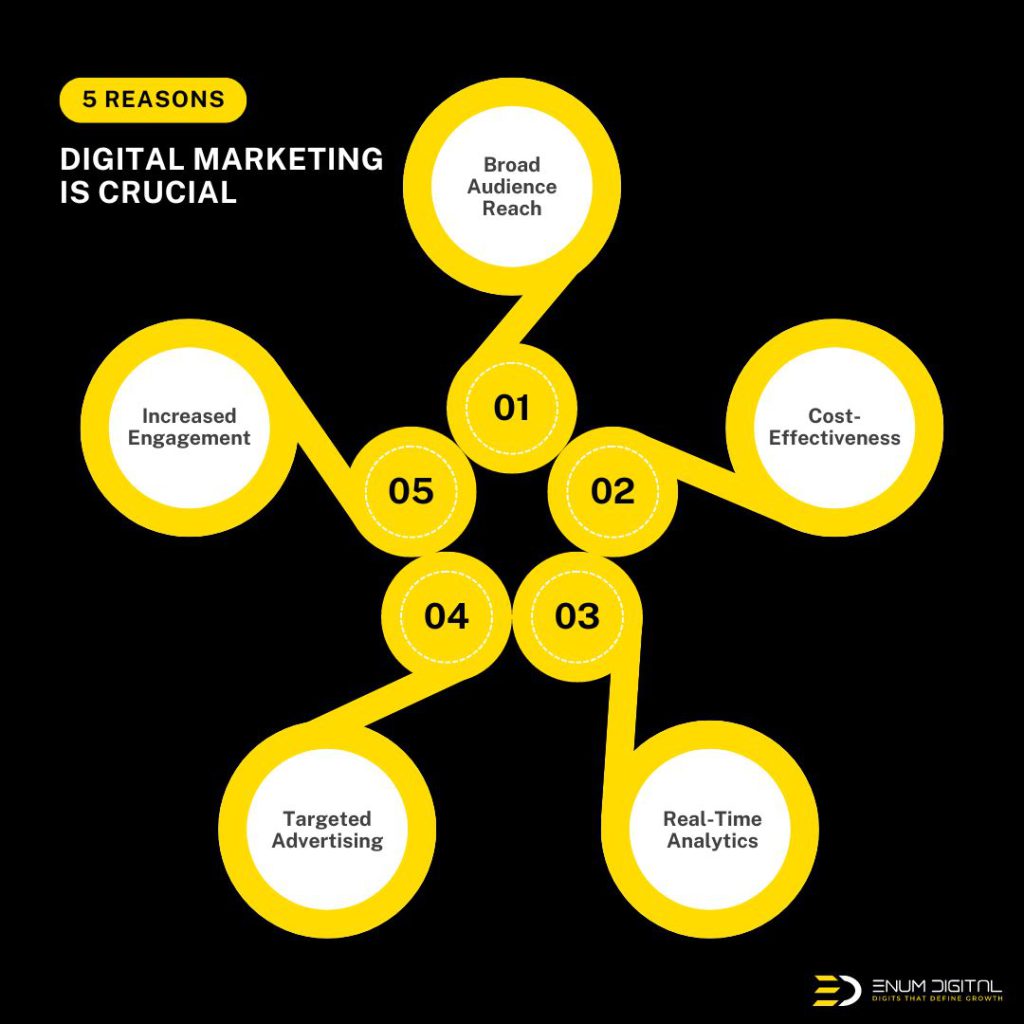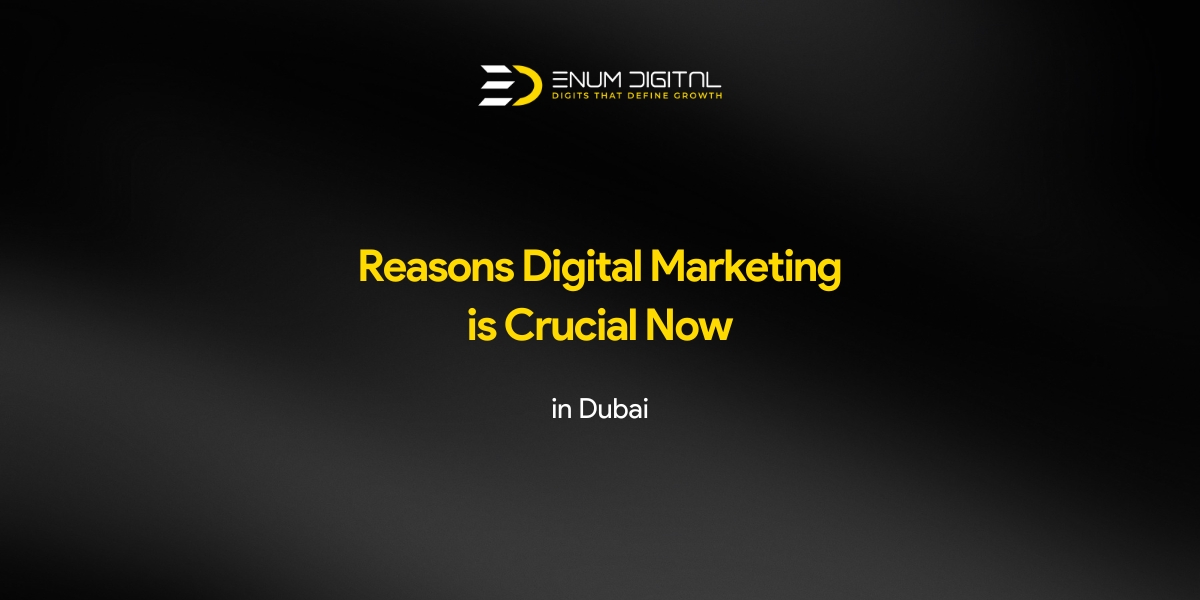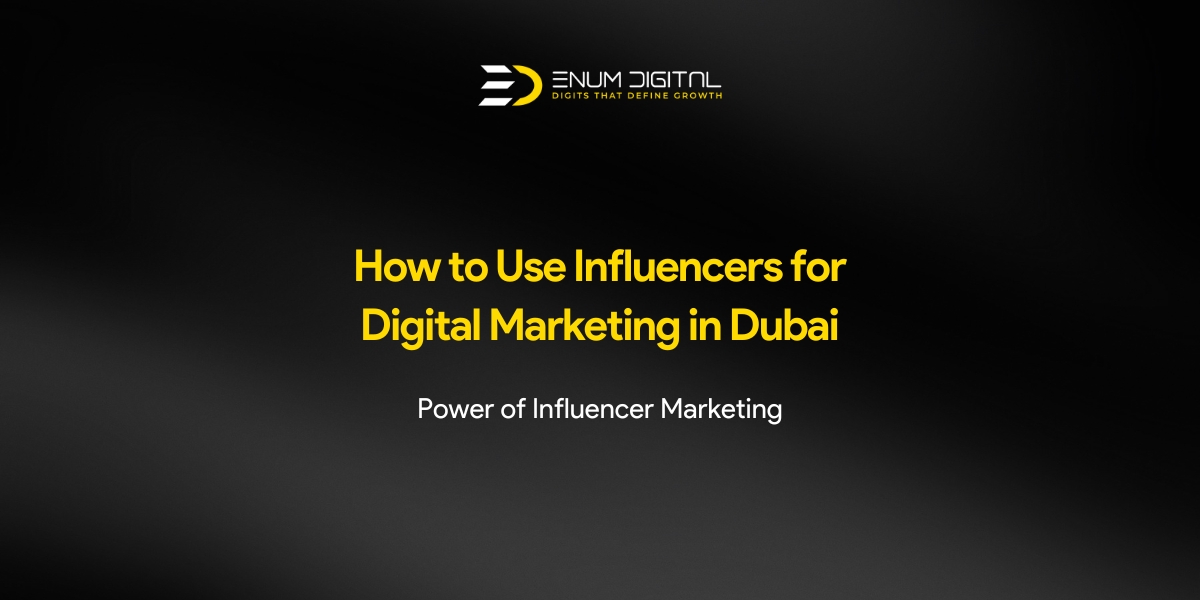Digital marketing refers to the use of online channels and technologies to promote and advertise products or services. This includes a wide range of activities such as search engine optimization (SEO), social media marketing, email marketing, content creation, and online advertising. Unlike traditional marketing, which relies on physical media like print ads or TV commercials, digital marketing operates in the virtual space of the internet, leveraging platforms like Google, Facebook, Instagram, and email to reach and engage with audiences.
Importance of Understanding Its Relevance Today
In today’s fast-paced, digital-first world, understanding digital marketing is crucial for any business aiming to stay competitive. As more consumers turn to online platforms for their purchasing decisions and information gathering, digital marketing provides the tools and strategies needed to connect with them effectively. Here’s why it’s essential:
Reach and Accessibility:
Digital marketing offers unparalleled access to a global audience. Unlike traditional methods that may have geographical limitations, online channels allow businesses to reach potential customers anywhere in the world, 24/7.
Cost Efficiency:
Many digital marketing strategies, such as social media campaigns or email newsletters, can be more affordable than traditional advertising. This makes it possible for businesses of all sizes to participate in marketing efforts, regardless of their budget.
Data-Driven Insights:
One of the significant advantages of digital marketing is the ability to gather and analyze data in real-time. Businesses can track the performance of their campaigns, understand consumer behavior, and adjust their strategies promptly based on actual results.
Targeted Reach:
Digital marketing allows for precise targeting of specific demographics, interests, and behaviors. This means businesses can tailor their messages to those most likely to be interested in their products or services, enhancing the effectiveness of their marketing efforts.
Engagement and Interaction:
Digital platforms facilitate direct interaction between businesses and their customers. Through social media, blogs, and other digital channels, companies can engage with their audience, address their queries, and build stronger relationships.
Digital marketing is not just a supplementary aspect of modern business but a central component of a successful marketing strategy. Its relevance is growing as more consumers engage with digital media, making it essential for businesses to harness these tools to remain competitive and responsive to market trends.

Reason 1: Broad Audience Reach
How Digital Marketing Allows Businesses to Connect with a Global Audience
Digital marketing provides businesses with the ability to connect with a vast and diverse audience across the globe. Unlike traditional marketing methods, which may be limited by geographic and physical constraints, digital marketing leverages online platforms and technologies to break down these barriers. Here’s how it achieves this:
Global Accessibility:
The internet allows businesses to reach potential customers anywhere in the world. Whether a business is a local startup or a multinational corporation, digital marketing enables it to expand its reach far beyond its immediate geographical area. This global accessibility means that companies can engage with international markets, tap into new customer bases, and explore opportunities in different regions.
24/7 Availability:
Digital marketing channels operate around the clock. Unlike traditional retail hours or limited-time advertising campaigns, online platforms allow businesses to be present and accessible at any time. This continuous availability ensures that potential customers can find and interact with a business whenever it suits them, regardless of time zones.
Scalability:
Digital marketing campaigns can be scaled up or down based on business needs and goals. Whether a company is looking to run a small, localized campaign or a large, international promotion, digital marketing tools provide the flexibility to adjust reach and scope accordingly
Reason 2: Cost-Effectiveness
Comparison of Digital Marketing Costs vs. Traditional Marketing
Digital marketing is often more cost-effective than traditional marketing methods. Here’s a breakdown of how the costs compare:
Lower Entry Costs:
Traditional marketing channels, such as TV ads, print media, and billboards, often require significant upfront investment. These costs include production expenses, placement fees, and distribution. In contrast, digital marketing channels typically have lower entry costs. For instance, creating a social media profile or a blog is free, and running an initial campaign on platforms like Google Ads or Facebook Ads can be started with a relatively modest budget.
Scalable Spending:
Digital marketing allows businesses to control and adjust their spending based on their budget and goals. For example, businesses can start with a small budget for a Google Ads campaign and scale up as they see results. Traditional marketing often requires a larger, fixed budget, with less flexibility to adjust based on performance.
Targeted Advertising:
Digital marketing offers precise targeting options, which can make campaigns more efficient and cost-effective. For example, businesses can use demographic, geographic, and interest-based targeting to reach specific audience segments, reducing wasted spend on irrelevant audiences. Traditional marketing, on the other hand, typically reaches a broader audience, which may include many people who are not interested in the product or service being advertised.
Benefits of Budget-Friendly Strategies Like Social Media and Email Marketing
Social Media Marketing:
Low-Cost Advertising:
Platforms like Facebook, Instagram, and Twitter offer cost-effective advertising options. Businesses can set their own budgets, choose from various bidding strategies, and adjust spending based on performance. Social media ads can be run with minimal investment, allowing businesses to reach large audiences without breaking the bank.
Organic Reach:
Besides paid ads, social media platforms provide opportunities for organic reach through posts, stories, and engagement with followers. Creating and sharing content on social media can build brand awareness and drive engagement at little to no cost.
Community Building:
Social media allows businesses to build and nurture communities around their brands. Engaging with followers through comments, messages, and interactive content fosters customer loyalty and can be done without significant financial investment.
Email Marketing:
Affordability:
Email marketing is one of the most cost-effective digital marketing strategies. Tools like Mailchimp and Sendinblue offer affordable plans for managing and sending email campaigns. Businesses can reach a large number of subscribers with minimal costs.
High ROI:
Email marketing often delivers a high return on investment (ROI). According to industry reports, email marketing has one of the highest ROI compared to other marketing channels. This is due to its targeted approach, low cost, and ability to drive conversions.
Personalization and Segmentation:
Email marketing platforms allow for personalization and segmentation, ensuring that messages are relevant to specific audience segments. This increases engagement and effectiveness, making the budget more impactful.
By leveraging digital marketing strategies like social media and email marketing, businesses can achieve their marketing goals while keeping costs manageable. These budget-friendly options offer flexibility, targeted reach, and a high ROI, making digital marketing a cost-effective choice compared to traditional methods.
Reason 3: Real-Time Analytics
Explanation of How Digital Marketing Provides Instant Feedback
Digital marketing offers the advantage of real-time analytics, allowing businesses to track and measure the performance of their marketing campaigns as they happen. This immediate feedback is crucial for several reasons:
Live Data Tracking:
Digital marketing platforms provide live data on various metrics such as website traffic, click-through rates, conversion rates, and social media engagement. For example, Google Analytics can show how many people are visiting a website at any given moment, which pages they’re viewing, and how long they’re staying.
Instant Performance Insights:
Unlike traditional marketing, where feedback may take weeks or months to gather and analyze, digital marketing tools offer instant insights into how well a campaign is performing. This means businesses can see which ads, posts, or emails are generating the most engagement or sales right away.
Real-Time Interaction Monitoring:
Digital marketing allows businesses to monitor interactions with their content in real-time. For instance, social media platforms provide notifications of likes, shares, comments, and messages as they happen. This enables businesses to engage with their audience promptly and address any issues or questions that arise.
Importance of Tracking Performance and Making Quick Adjustments
Data-Driven Decisions:
Real-time analytics help businesses make informed decisions based on current data rather than relying on outdated information. By monitoring key performance indicators (KPIs), businesses can understand which strategies are working and which are not, allowing for data-driven adjustments to improve outcomes.
Agility and Adaptability:
The ability to make quick adjustments based on real-time feedback is a significant advantage of digital marketing. If a particular ad or campaign isn’t performing as expected, businesses can swiftly modify their approach—whether by changing the ad copy, adjusting the target audience, or reallocating the budget. This agility helps in optimizing campaigns for better results.
Maximizing ROI:
Tracking performance in real-time allows businesses to optimize their marketing efforts continuously. By identifying which channels or tactics are delivering the best results, businesses can allocate resources more effectively and focus on strategies that provide the highest return on investment (ROI).
Responding to Trends:
Real-time data helps businesses stay ahead of trends and react to changes in the market or consumer behavior. For example, if a particular trend or topic is gaining popularity, businesses can quickly adjust their content or advertising strategies to capitalize on the trend and engage their audience effectively.
Improving Customer Experience:
Real-time feedback enables businesses to address customer concerns and feedback immediately. By responding to comments, messages, or issues as they arise, businesses can improve customer satisfaction and build stronger relationships with their audience.
Real-time analytics in digital marketing provide immediate feedback and actionable insights, allowing businesses to track performance, make quick adjustments, and optimize their marketing strategies effectively. This capability enhances decision-making, adaptability, and ROI, making it an essential component of modern digital marketing.
Reason 4: Targeted Advertising
How Digital Marketing Allows Precise Targeting of Specific Audiences
Digital marketing excels in its ability to deliver highly targeted advertising, enabling businesses to reach specific segments of their audience with tailored messages. Here’s how digital marketing achieves this level of precision:
Audience Segmentation:
Digital marketing platforms allow businesses to segment their audience based on various criteria such as demographics, interests, behaviors, and location. For example, Facebook Ads enables advertisers to create custom audience segments based on age, gender, location, interests, and even specific behaviors like past purchases.
Behavioral Targeting:
Through behavioral targeting, businesses can reach users based on their online behavior, including browsing history, search queries, and interactions with previous ads. For instance, if a user frequently searches for fitness-related content or products, they may be shown ads related to fitness equipment or gym memberships.
Geographical Targeting:
Digital marketing allows businesses to target users based on their geographic location, whether it’s at a country, state, city, or even a neighborhood level. Google Ads and social media platforms offer geo-targeting features that enable businesses to display ads to users in specific locations, making it ideal for local promotions or region-specific campaigns.
Interest-Based Targeting:
Platforms like Instagram and LinkedIn allow for interest-based targeting, where ads are shown to users who have expressed interest in particular topics or industries. For example, if a user follows travel-related accounts or engages with travel content, they might see ads for vacation packages or travel gear.
Remarketing:
Remarketing allows businesses to re-engage users who have previously interacted with their website or app but did not complete a desired action, such as making a purchase. For example, if a user visits an online store and views a product but doesn’t buy it, remarketing ads can remind them of the product as they browse other sites, encouraging them to return and complete the purchase.
Custom Audiences:
Platforms like Facebook and Google allow businesses to create custom audiences by uploading lists of email addresses or phone numbers. This feature helps in targeting existing customers or leads with specific offers or updates. For instance, a business might use custom audiences to send special promotions to their email subscribers.
Benefits of Precise Targeting
Increased Relevance:
Targeted advertising ensures that the right message reaches the right audience. This relevance increases the likelihood that users will engage with the ads, leading to higher click-through rates and better conversion rates.
Improved ROI:
By focusing on specific audience segments, businesses can reduce wasted ad spend and allocate their budget more effectively. Targeted ads are more likely to result in meaningful interactions and conversions, improving overall return on investment (ROI).
Enhanced Customer Experience:
Users are more likely to appreciate ads that are relevant to their interests and needs. Targeted advertising helps in delivering a more personalized experience, making users feel that the brand understands their preferences and is offering solutions that matter to them.
Better Measurement and Analysis:
Precise targeting allows for more accurate measurement and analysis of ad performance. Businesses can track how well different segments respond to their ads and adjust their strategies based on this data, leading to continuous improvement in campaign effectiveness.
Competitive Advantage:
Effective targeting can provide a competitive edge by reaching audiences more efficiently than competitors. Businesses that leverage precise targeting can outpace rivals who use broader, less focused advertising approaches.
Digital marketing’s ability to deliver targeted advertising enables businesses to reach specific audiences with tailored messages, improving relevance, engagement, and ROI. Precise targeting not only enhances the effectiveness of campaigns but also contributes to a more personalized and satisfying customer experience.
Reason 5: Increased Engagement
How Digital Marketing Strategies Drive Interaction with Potential Customers
Digital marketing excels in driving engagement by using various strategies that encourage interaction between businesses and their audience. Here’s how digital marketing fosters increased engagement:
Content Marketing:
Content marketing involves creating valuable and relevant content to attract and engage your target audience. This includes blog posts, articles, videos, infographics, and more. For example, a business might create how-to guides or informative blog posts that address common customer questions or problems. Engaging content not only draws in users but also keeps them coming back for more, as it provides them with useful information or entertainment.
Social Media Engagement:
Social media platforms are powerful tools for fostering direct interactions with customers. Businesses use social media to share updates, respond to comments, and engage with users through posts, stories, and live videos. For instance, brands can run interactive polls, host Q&A sessions, or participate in trending conversations to connect with their audience and encourage them to interact with their content.
Interactive Content:
Interactive content, such as quizzes, polls, and interactive infographics, actively involves users and prompts them to engage. For example, a quiz that helps users find their ideal product or service based on their preferences can drive engagement by encouraging users to participate and share their results.
Email Marketing Campaigns:
Personalized and well-crafted email campaigns can significantly boost engagement. Businesses use email marketing to send targeted messages, promotions, and updates to subscribers. Engaging email content, such as special offers or personalized recommendations, encourages recipients to open, read, and act on the emails, fostering a stronger connection with the brand.
Influencer Collaborations:
Partnering with influencers can enhance engagement by tapping into their established audiences. Influencers can create authentic content that resonates with their followers, leading to increased interaction and engagement with the brand. For example, a beauty brand might collaborate with a popular makeup artist to create tutorials and reviews that drive engagement among their audience.
User-Generated Content (UGC):
Encouraging customers to create and share content related to your brand can drive significant engagement. UGC, such as customer reviews, photos, and testimonials, can be shared on social media or featured on your website. This not only boosts engagement but also builds trust and authenticity by showcasing real customer experiences.
Interactive Advertising:
Ads that incorporate interactive elements, such as clickable videos or shoppable posts, can enhance engagement. These ads allow users to interact directly with the content, such as clicking to learn more about a product or making a purchase within the ad itself.
Benefits of Increased Engagement
Stronger Customer Relationships:
Increased engagement helps build deeper connections with customers. By interacting with users and addressing their needs, businesses can foster loyalty and trust, leading to long-term customer relationships.
Higher Brand Awareness:
Engaging content and interactions boost brand visibility as users share, comment on, and discuss the content. This organic amplification increases brand awareness and attracts new potential customers.
Improved Customer Insights:
Engagement provides valuable feedback and insights into customer preferences and behaviors. Analyzing interactions can help businesses understand what resonates with their audience and refine their strategies accordingly.
Enhanced Customer Retention:
Engaged customers are more likely to stay loyal to a brand. Providing meaningful and interactive experiences keeps customers interested and encourages repeat interactions and purchases.
Increased Conversions:
Engaging content and interactions can lead to higher conversion rates. When users are actively involved and interested in the brand, they are more likely to take desired actions, such as making a purchase or signing up for a newsletter.
Digital marketing strategies that drive increased engagement help businesses connect with potential customers, build relationships, and achieve better results. By leveraging tactics such as content marketing, social media, and interactive elements, businesses can create meaningful interactions that enhance their overall marketing efforts.
Final Words
Mastering digital marketing is crucial for any business. It allows for global reach, cost savings, instant feedback, precise targeting, and better engagement with customers. To stay competitive and effectively connect with your audience, embracing these strategies is key.

Ready for digital marketing? Contact Enum Digital to start your journey towards success today!


